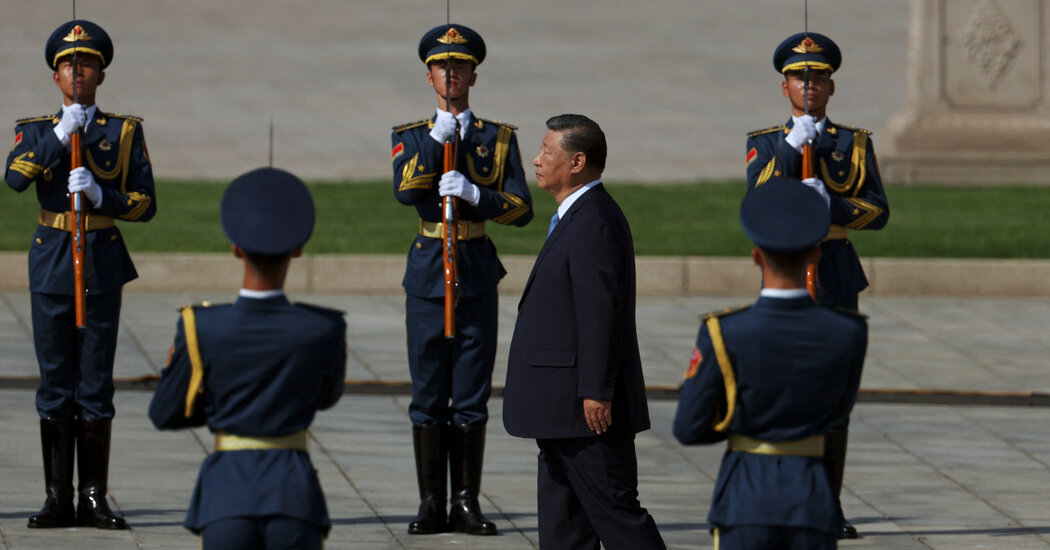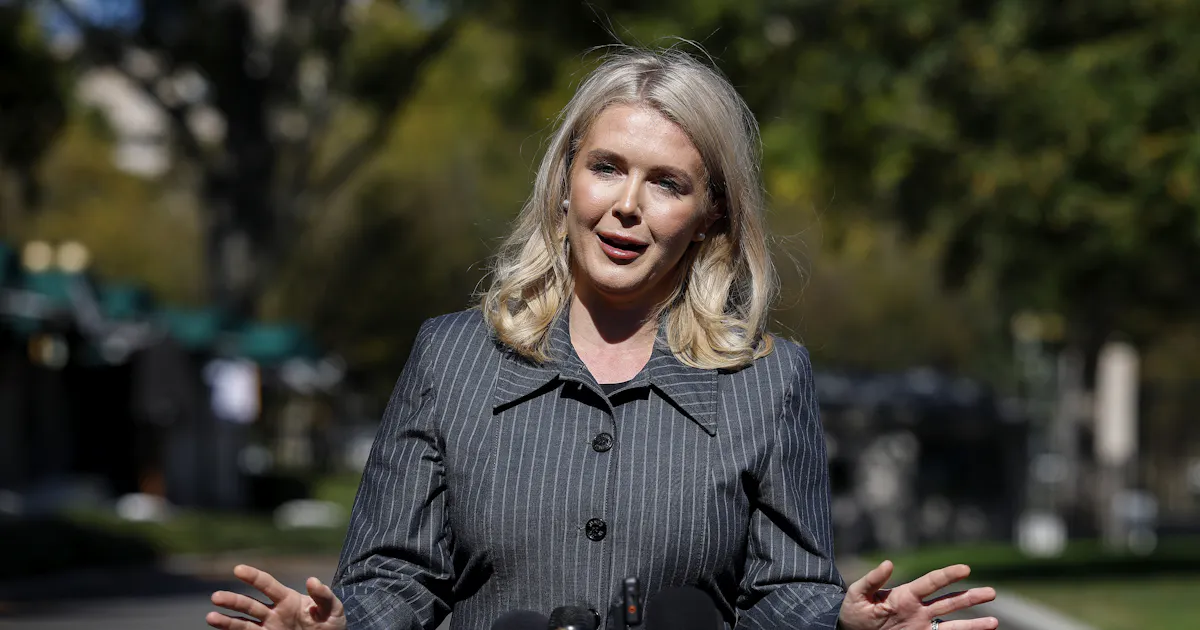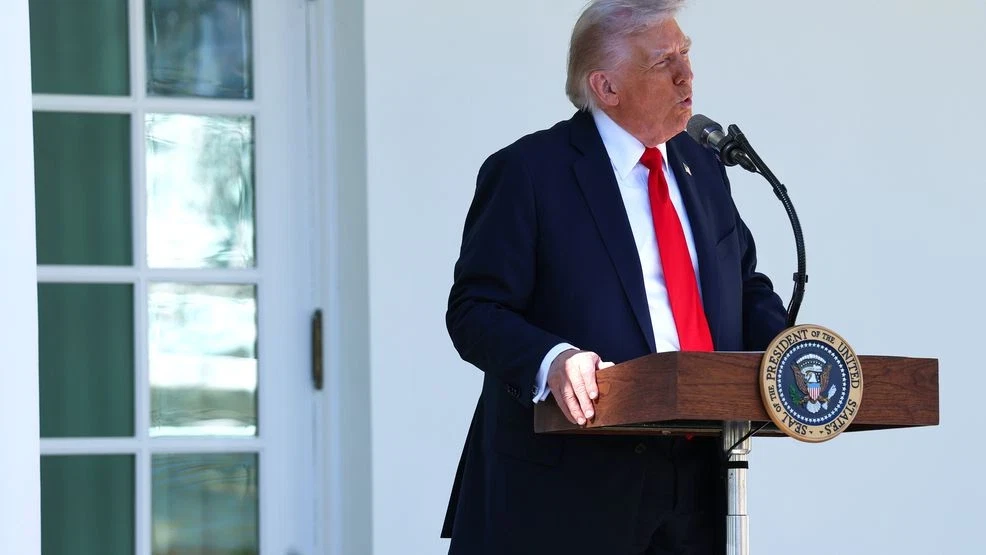Copyright The New York Times

This week, some 370 top officials in China’s Communist Party are meeting in Beijing to hammer out the country’s next five-year plan. They’re expected to discuss household spending, old-age care and robots, among other things. I talked to my colleague Chris Buckley, who has covered China for more than two decades, about one subject that won’t be discussed but is on many people’s minds: Who will succeed President Xi Jinping? Mao Zedong ruled until he died at 82, badly incapacitated by illness. One change that his successor, Deng Xiaoping, put in place was a two-term limit for Chinese presidents. Deng’s own successor, Jiang Zemin, added a mandatory retirement age for top politicians. He started at 70, then lowered it to 68 but made an exception for himself. Xi has scrapped both. At 72, he’s younger than President Trump (79) and Russia’s president, Vladimir Putin (73). But in the absence of any mechanism requiring Xi to leave office, the question of who might take over from him — and when — is only becoming more relevant. Chris recently wrote a story about what he called the “forbidden question.” So Chris, will Xi Jinping be the one to see this next five-year plan through to completion? I’m pretty confident he will. And when we look at Xi’s rhetoric and his policies, they speak to ambitions and a vision for China that covers 2035 and beyond. That’s a signal that, health permitting, he would like to stick around. Has he talked about succession plans at all? No. It’s one of those taboos in Chinese politics. He doesn’t talk about it. Nobody really talks about it. But people read between the lines. And we don’t see any likely successors to Xi in the central leadership at the moment. Thank you for your patience while we verify access. If you are in Reader mode please exit and log into your Times account, or subscribe for all of The Times. Thank you for your patience while we verify access. Already a subscriber? Log in. Want all of The Times? Subscribe.



